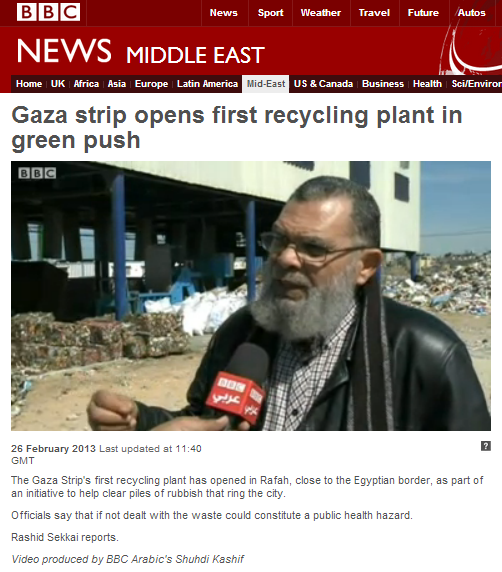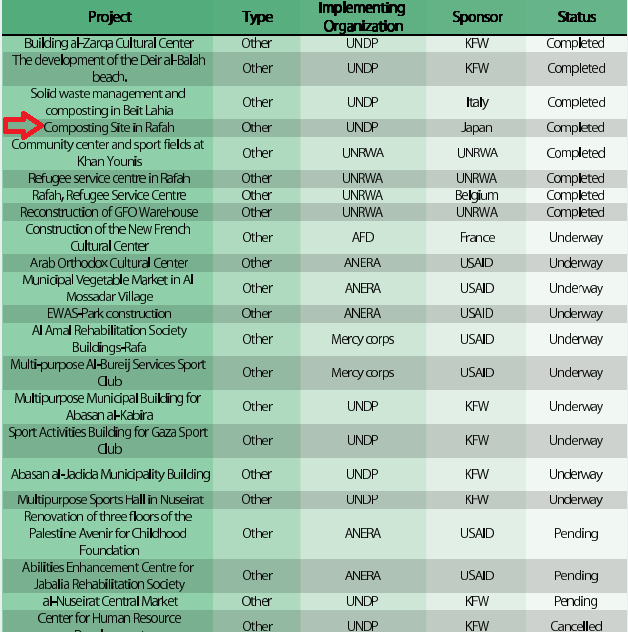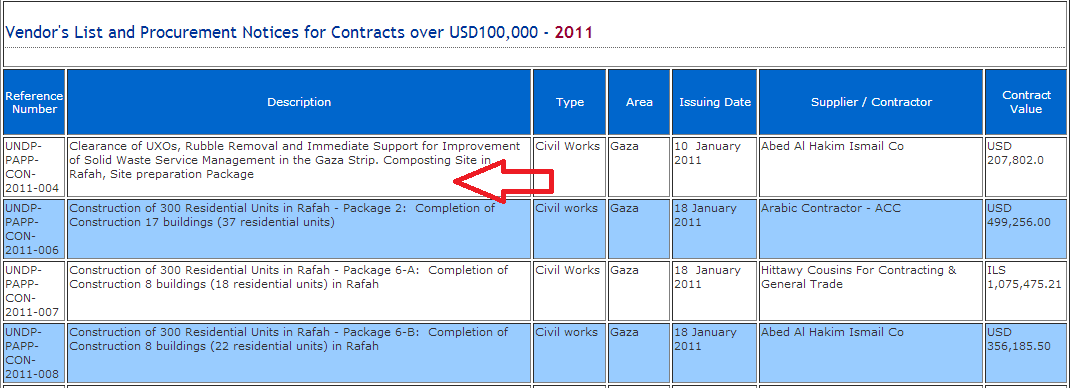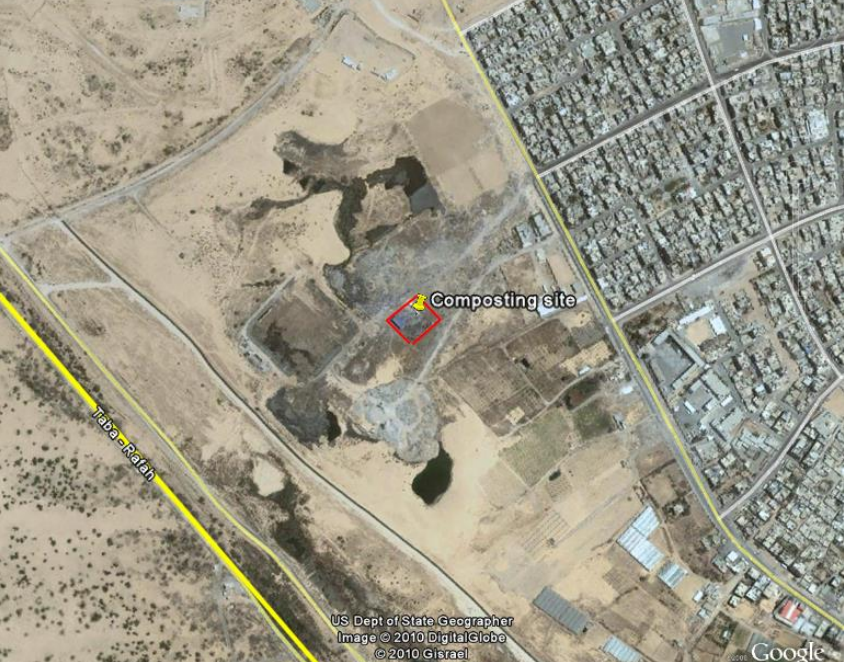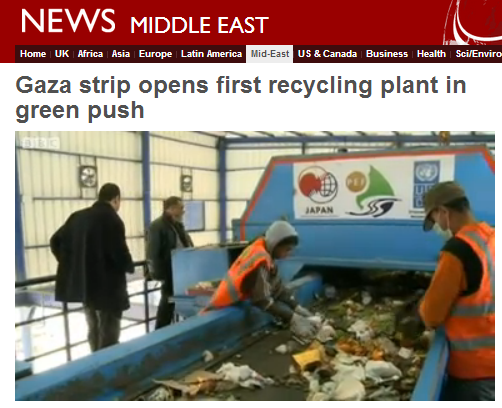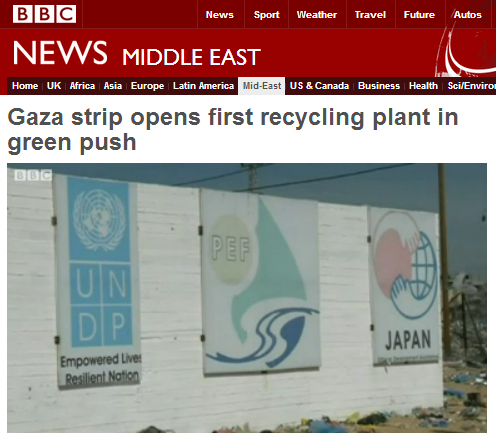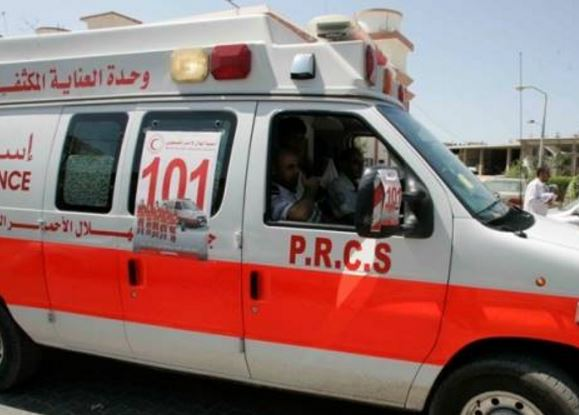On February 26th 2013 the BBC News website’s Middle East page featured a filmed report made by the BBC Arabic Service about a recycling plant in Rafah in the southern Gaza Strip.
At 01:07 BBC Arabic Service reporter Rashid Sekkai informs audiences:
“With Israel’s blockade tightened in 2007 when Hamas came to power, restricting the transit of goods and people into and out of the territory, those in charge of the green push had to make the plant equipment locally.”
Leaving aside the euphemistic description of the violent Hamas takeover of the Gaza Strip and the resulting collapse of rule there by the Palestinian Authority (the body recognised internationally as the legal government of the Palestinian people), this statement seems particularly odd in light of the fact that it is mentioned earlier on in the report that the recycling project is funded by the United Nations.
As is well known, COGAT (the Israeli Defence Ministry body in charge of coordination of activities in the Gaza Strip) approves the entry of building materials for projects in the Gaza Strip which are guaranteed by international aid organisations in the vast majority of cases. In fact, as can be seen on page 12 of the COGAT report on projects submitted during the period 2010 – 2012, a composting plant in Rafah implemented by UNDP (United Nations Development Plan) and sponsored by Japan was approved and completed in that period of time.
On the UNDP’s website, we find that a contract was given to a company for the development of a composting site in Rafah in January 2011.
The UNDP website even provides details of the project down to technical drawings, an aerial photograph of the site and technical specifications.
Not only is there just one UN sponsored recycling plant in Rafah, but the screenshots below from the BBC report clearly show the logos of Japan and the UNDP on the plant’s equipment and structure, indicating that the recycling plant in the BBC report is the same one approved by COGAT.
So, as we see, a UNDP implemented and Japanese sponsored project to open a recycling plant in Rafah was submitted to – and approved by – COGAT and the project has been completed, having opened in September 2012. Whilst some of the plant’s equipment may indeed have been made locally, the question is whether that has anything to do with the blockade, as is stated in this BBC report.
BBC Watch therefore contacted COGAT to inquire whether any applications for the import of equipment for that particular UN project had been refused – and discovered that they had not.
In covering this story, the BBC finds itself in the company of virulently anti-Israel websites such as Electronic Intifada and MEMO. Interestingly, according to both the Electronic Intifada version of the tale and that produced by MEMO, the recycling plant’s equipment was not manufactured locally, but smuggled in via the tunnels in Rafah. These differing accounts may well have something to do with the fact that Samir Afifi – described in the BBC report as the “recycling project manager” is actually a professor at the Islamic University of Gaza (co-founded by Ahmed Yassin) which is very closely linked to Hamas. An interview with the “project manager” is therefore highly likely to include elements of Hamas propaganda.
The disingenuous reference to the blockade by BBC Arabic’s Rashid Sekkai is obviously not an accurate reflection of the facts surrounding the establishment of this recycling project and is clearly a gratuitous attempt to add political propaganda to a report ostensibly about a ‘green’ issue.
The fact that the BBC is to be found acting as a mouthpiece for Hamas propaganda in the company of outfits such as Electronic Intifada and MEMO should be of immense concern to BBC management and of course a correction to this report needs to be issued immediately.

